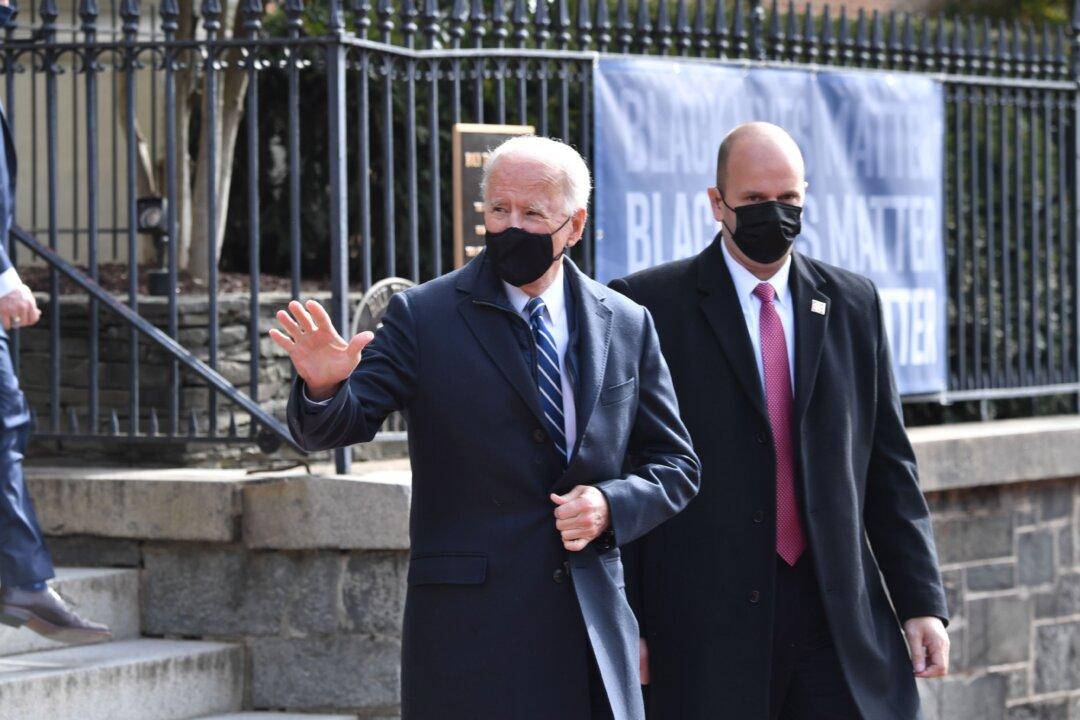President Joe Biden and Russian President Vladimir Putin on Jan. 26 committed to having their teams urgently work on extending the New START nuclear treaty before it expires on Feb. 5, according to a readout of the call released by the White House.
“They discussed both countries’ willingness to extend New START for five years, agreeing to have their teams work urgently to complete the extension by February 5,” the readout states. “They also agreed to explore strategic stability discussions on a range of arms control and emerging security issues.”





